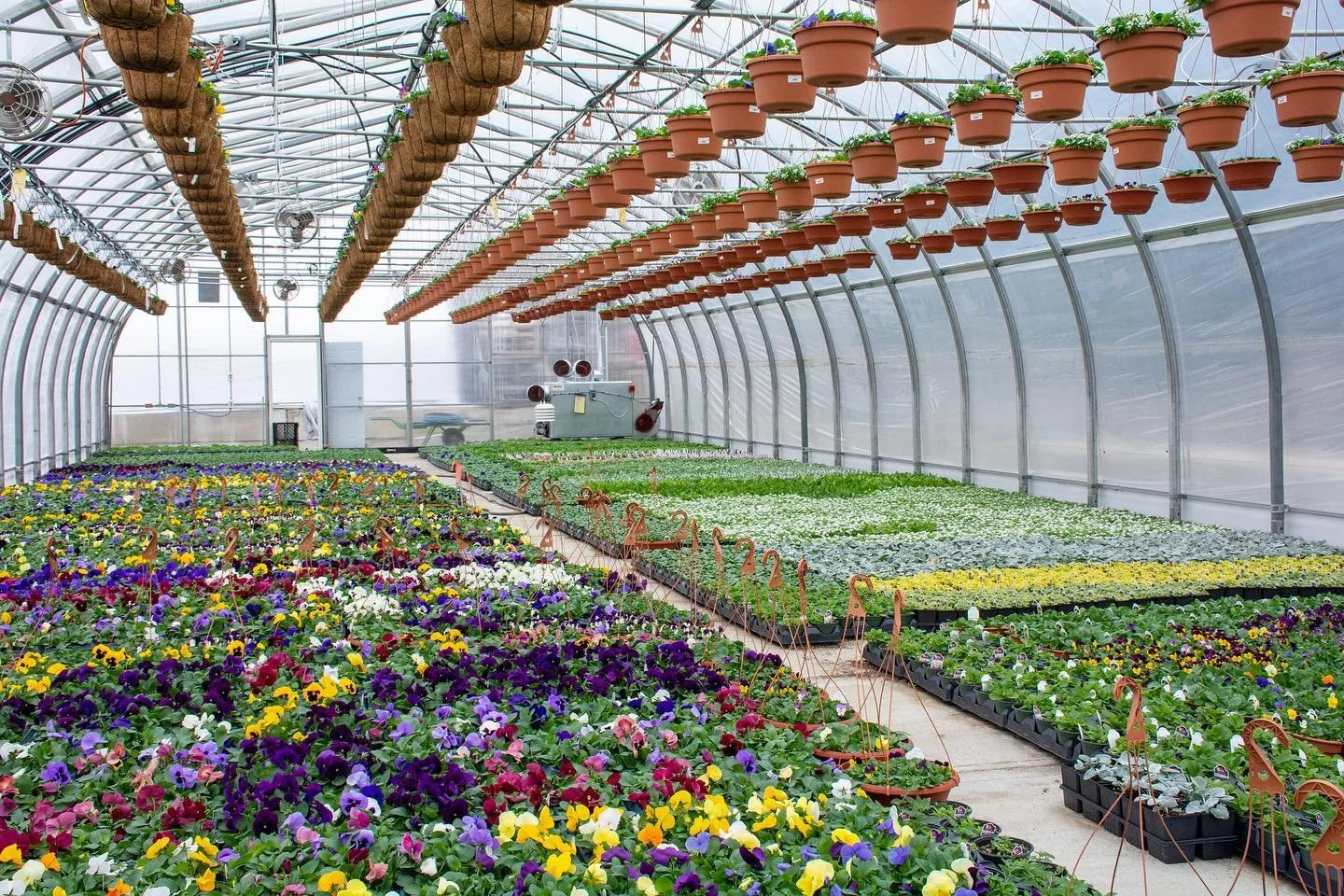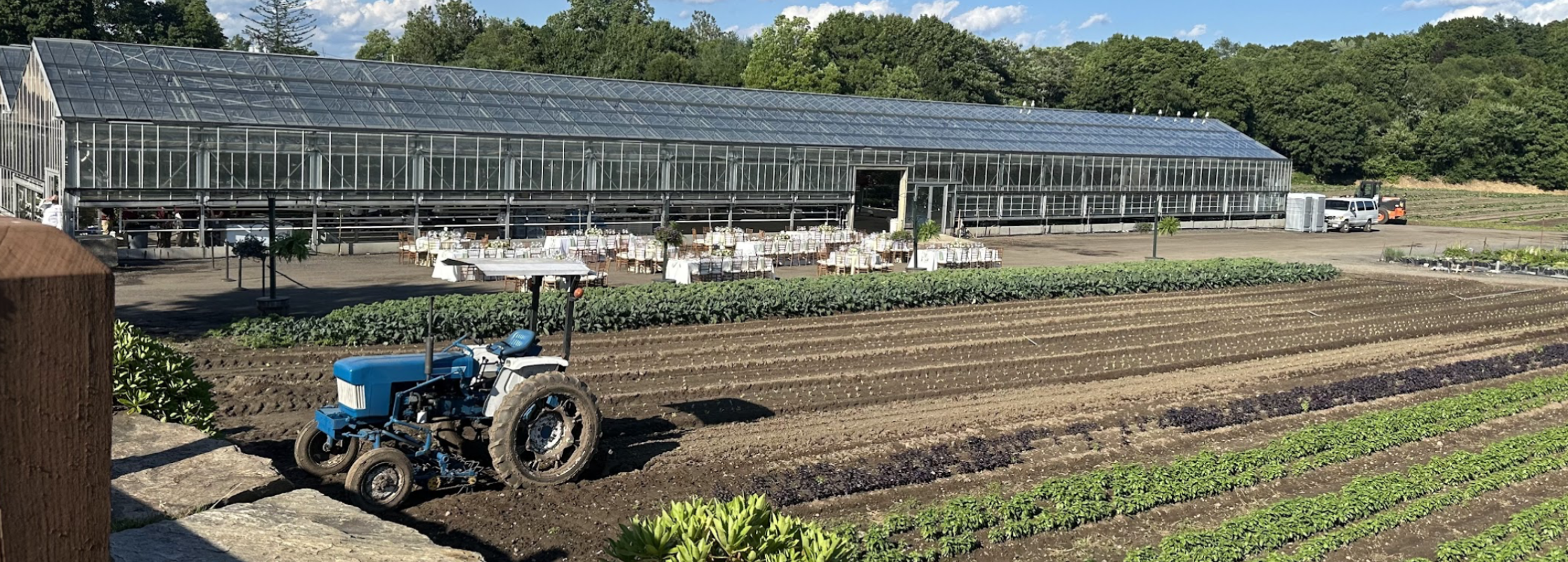Gardening
Gardening is a rewarding and fulfilling hobby that involves cultivating plants for various purposes, including aesthetics, food production, and environmental benefits. Devon asked us to put together an overview to help you get started or improve your gardening skills:
Types of Gardens
Vegetable Gardens
Focus on growing vegetables and herbs for personal consumption.
Flower Gardens
Emphasize ornamental plants for visual appeal.
Herb Gardens
Specialize in growing herbs for culinary and medicinal uses.
Fruit Gardens
Include fruit-bearing trees, shrubs, and plants.
Container Gardens
Utilize pots and containers for growing plants, ideal for small spaces.
Raised Bed Gardens
Elevated garden beds that improve soil drainage and accessibility.
Community Gardens
Shared spaces where individuals or groups cultivate plants collectively.
Basic Gardening Principles
Location
Choose a site with adequate sunlight (at least 6 hours per day for most plants), good drainage, and protection from strong winds.
Soil Preparation
Test soil pH and nutrient levels. Amend the soil with organic matter (compost, manure) to improve fertility, structure, and drainage.
Plant Selection
Select plants suited to your climate, soil type, and available sunlight. Consider native plants as they are adapted to local conditions and support local wildlife.
Planting
Follow the planting instructions for each plant regarding spacing, depth, and timing. Transplants should be hardened off before planting outdoors.
Watering
Provide consistent moisture, especially during the early stages of growth. Water deeply but infrequently to encourage deep root development. Use mulch to retain soil moisture and reduce weeds.
Fertilizing
Use organic or synthetic fertilizers based on your soil test results. Follow recommended rates and timings to avoid over-fertilization, which can harm plants and the environment.
Pest and Disease Management
Monitor plants regularly for signs of pests and diseases. Use integrated pest management (IPM) practices, such as introducing beneficial insects, using barriers, and applying organic or chemical treatments as needed.
Pruning and Maintenance
Regularly prune plants to remove dead or diseased parts, shape growth, and promote flowering or fruiting. Weed your garden to reduce competition for nutrients and water.
Harvesting
Harvest vegetables, fruits, and herbs at their peak ripeness for the best flavor and nutrition. Cut flowers early in the morning when they are most hydrated.
Gardening Tools and Supplies
Basic Tools: trowel, pruners, garden fork, spade, hoe, rake, watering can, and gloves.
Advanced Tools: wheelbarrow, garden cart, hose, sprinkler or drip irrigation system, and compost bin.
Soil Amendments: compost, manure, mulch, lime, and fertilizers.
Plant Supports: stakes, trellises, cages, and netting.
Gardening Tips
Start Small: Begin with a manageable garden size to avoid feeling overwhelmed.
Keep Records: Maintain a gardening journal to track planting dates, weather conditions, pest issues, and successes.
Learn Continuously: Join local gardening clubs, attend workshops, and read gardening books or online resources to expand your knowledge.
Be Patient: Gardening is a learning process. Don’t be discouraged by failures; they are opportunities to learn and improve.
Benefits of Gardening
Health: Provides physical exercise, reduces stress, and offers access to fresh, nutritious produce.
Environment: Supports biodiversity, improves air and soil quality, and promotes sustainable living.
Community: Strengthens social connections through shared gardening spaces and activities.
Aesthetics: Enhances the beauty and value of your property.
Gardening is a journey that offers continual learning and rewards. Whether you’re growing food, beautifying your space, or simply enjoying the process, gardening can bring joy and fulfillment to your life. Its never too late to start bloomin!
Russell's Garden Center, Mahoney's Garden Center, Volante Farms, and Wilson Farm Nurseries in Massachusetts
Russell's Garden Center
Located in Wayland, Massachusetts, Russell's Garden Center is a well-established nursery with a history dating back to 1876. Originally a farm market, Russell's has grown into a comprehensive garden center offering a vast selection of plants, garden supplies, gifts, and seasonal decor. It covers about five acres and is known for its high-quality plants and knowledgeable staff. The center distinguishes itself from big-box stores by offering a unique selection and personalized customer service, making it a go-to destination for gardening enthusiasts in the area
Mahoney's Garden Center
Mahoney's Garden Center is another prominent nursery in Massachusetts, with multiple locations including Winchester and Concord. Founded in 1959, Mahoney's has built a reputation for its extensive selection of plants, trees, shrubs, and gardening supplies. They offer expert advice and a wide range of services, including landscaping, custom container planting, and garden coaching. Mahoney's is known for its quality products and commitment to helping customers create beautiful and sustainable gardens.
McCue Garden Center
McCue Garden Center is a well-loved, family-owned nursery located in Woburn, Massachusetts. Established in 1933, McCue’s has a long-standing reputation for providing high-quality plants, flowers, trees, and gardening supplies. The garden center is known for its knowledgeable staff, personalized customer service, and strong ties to the local community. McCue’s offers a variety of services, including custom planting, seasonal décor, and expert gardening advice, making it a trusted destination for gardeners looking to beautify their homes and landscapes year-round.
Volante Farms
Located in Needham, Massachusetts, Volante Farms is a family-owned farm and nursery that has been serving the community since 1917. Volante Farms offers a variety of locally grown plants, vegetables, and produce. Their nursery features a wide range of annuals, perennials, shrubs, and trees, along with gardening supplies and tools. Volante Farms is also renowned for its farm-to-table approach, providing fresh, homegrown produce and a market that includes bakery items, prepared foods, and more. The farm is dedicated to sustainable farming practices and community involvement.
Wilson Farm
Situated in Lexington, Massachusetts, Wilson Farm has a long history dating back to 1884. This family-owned farm and garden center offers a wide array of plants, produce, and specialty foods. Wilson Farm is known for its high-quality, locally grown produce, beautiful garden plants, and a vast selection of farm-fresh products. The farm features an impressive array of annuals, perennials, shrubs, and trees, as well as gardening supplies and tools. Wilson Farm is also famous for its market, which includes bakery items, prepared foods, and gourmet groceries. Their commitment to sustainable farming and community engagement makes them a beloved local institution.
From a real estate perspective, these nurseries add significant value to their surrounding areas. Garden centers like Russell's, Mahoney's, Volante Farms, and Wilson Farm attract homeowners and gardening enthusiasts, enhancing the appeal of the neighborhoods they are in. Properties near well-maintained and popular nurseries often enjoy increased desirability due to the convenience of having high-quality gardening resources nearby. Moreover, these nurseries contribute to the local economy by providing jobs and supporting other local businesses.
In summary, nurseries like Volante Farms, Mahony, and Wilson Farm are key fixtures in their communities, offering top-notch gardening products and services while also boosting local real estate attractiveness. Whether you're a gardening enthusiast or a real estate investor, these nurseries represent valuable assets to their respective towns in Massachusetts.























